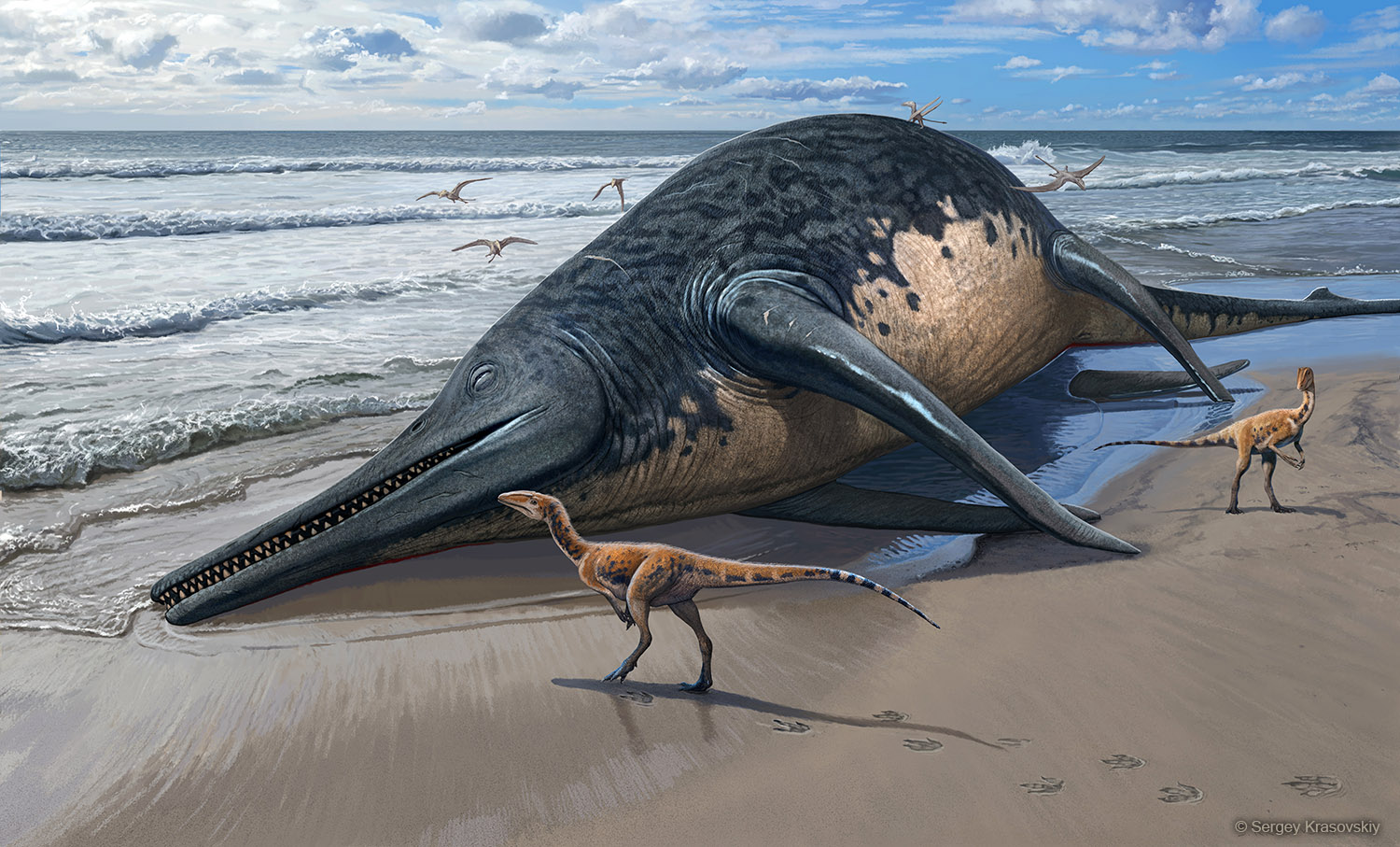-
PFAS ‘forever chemicals’ above drinking water guidelines in global source water
Nature Geoscience
We’re likely underestimating the future impact of PFAS in the environment, new UNSW Sydney-led study shows. Per-and poly-fluoroalkyl substances – commonly known as PFAS – are a group of over 14,000 human-made chemicals that have been popular Read more about PFAS ‘forever chemicals’ above drinking water guidelines in global source water
Australia; NSWThe University of New South Wales -
Mental health problems could be holding young people back from driving
JAMA Network Open
Young people with a mood disorder are less likely to get their driver's license when they become eligible and are more likely to crash if they do start driving, according to US research. The team looked at driver's license rates and driving outcomes Read more about Mental health problems could be holding young people back from driving
InternationalNationwide Children’s Hospital, USA -
Need a hug? It could boost your health, even if you're hugging a robot
Nature Human Behaviour
Physical touch from both humans and animals reduces pain, feelings of depression, and anxiety in both adults and children, according to Dutch and German researchers. They brought together and re-analysed the data from 212 previous studies of touch, Read more about Need a hug? It could boost your health, even if you're hugging a robot
InternationalRuhr University Bochum, Germany -
Undiscovered meteorites are sinking in soft Antarctic ice
Nature Climate Change
Meteorites are an extremely valuable piece of geology, offering insight into processes that are literally out of this world. Antarctica is one of the best places to find them, as they stand out against the white background. More than half of all Read more about Undiscovered meteorites are sinking in soft Antarctic ice
InternationalUniversité libre de Bruxelles, ETH Zurich, Swiss Federal Institute for Forest, Snow and Landscape Research, University of Liège -
New insights into the evolution of the moon's mantle
Nature Geoscience
International researchers have uncovered evidence of 'mantle overturn' on the early moon. Models suggest that the last dregs of the Moon's magma ocean crystallised into a dense, mineral layer between the crust and mantle, which cumulated in certain Read more about New insights into the evolution of the moon's mantle
InternationalUniversity of Arizona -
Telescope detects unprecedented behaviour from nearby magnetar
Nature Astronomy
Captured by cutting-edge radio telescope technology, a chance reactivation of a magnetar – the Universe’s most powerful magnets – has revealed an unexpectedly complex environment. Researchers using Murriyang, CSIRO’s Parkes radio telescope, Read more about Telescope detects unprecedented behaviour from nearby magnetar
Australia; NSW; VICCSIRO|The University of Sydney|Swinburne University of Technology... -
Sleep apnoea mouthguard could be just as effective for lowering blood pressure as a CPAP machine
Journal of the American College of Cardiology
A specialised mouthguard could be just as effective at lowering blood pressure for people with sleep apnoea as a CPAP machine, according to Australian and international researchers who compared the results of using the two devices in a group of 220 Read more about Sleep apnoea mouthguard could be just as effective for lowering blood pressure as a CPAP machine
Australia; International; NSWThe University of Sydney|National University of Singapore, Singapore -
Is Australia ready for genetic screening to be a part of every pregnancy?
Medical Journal of Australia
Genetic testing for three genetic conditions, cystic fibrosis, spinal muscular atrophy and fragile X syndrome, has recently become available to Australians who are pregnant or planning a pregnancy, but Australian experts are asking if the system is Read more about Is Australia ready for genetic screening to be a part of every pregnancy?
Australia; VIC; SAThe University of Adelaide|The University of Melbourne... -
Interest in news is high in Aotearoa, but trust has rapidly declined
A national online survey of over 1000 New Zealanders shows that trust in news in general fell significantly from 42% in 2023 to 33% (-9 percentage points) in 2024, and the proportion of those who actively avoid the news grew from 69% to 75% (6 Read more about Interest in news is high in Aotearoa, but trust has rapidly declined
New ZealandAUT University -
Male caregivers are also at a higher risk of depressive symptoms
Journal of Epidemiology & Community Health
Current evidence shows women who take on an informal caregiver role for another adult are at a higher risk of depressive symptoms, and a study by Australian researchers has found a similar increased risk for men. The researchers say most studies Read more about Male caregivers are also at a higher risk of depressive symptoms
Australia; VICThe University of Melbourne










































